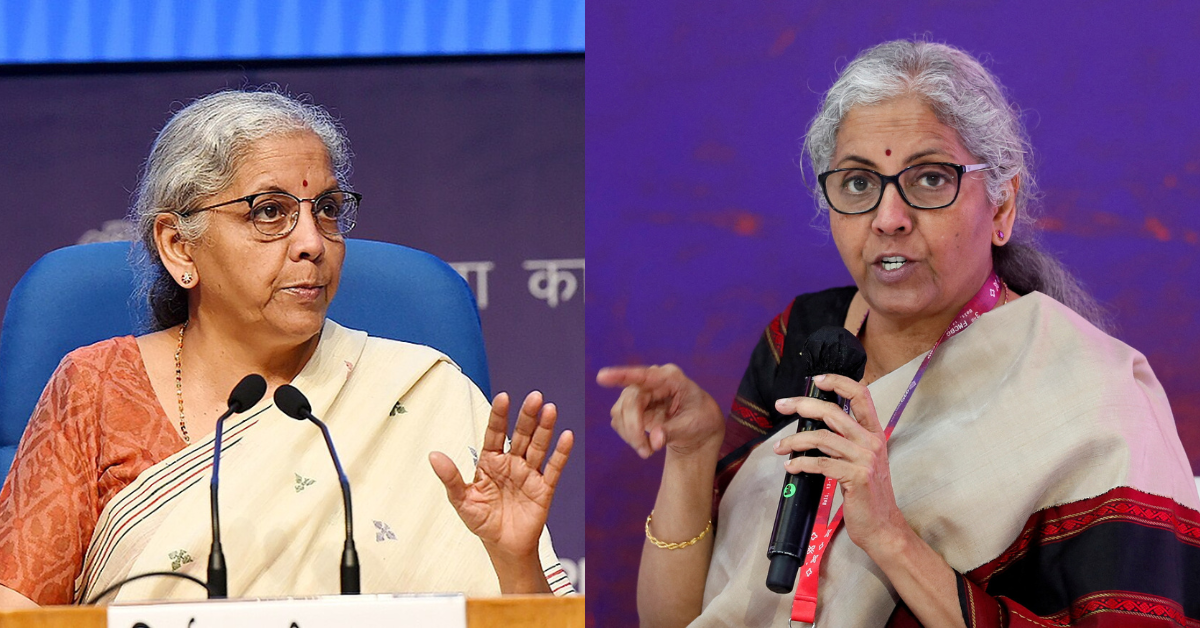Global value chains: The Middle East-Europe Economic Corridor (IMEC) is crucial for international trade, and FM Sitharaman emphasized on Monday that India will accelerate its path to a $7 trillion economy through its continued systemic reforms and participation in global value chains.
To ensure manufacturing and exports, we will examine opening up and transparently the Indian economy. Participation in global value chains is essential for India to grow its economy to $7 trillion, according to Sitharaman, who made this statement virtually at the annual India Global Forum gathering in Dubai.
India will probably surpass Germany and Japan to take the third-place spot in the world economy rankings by 2030, with a GDP of $7.3 trillion, according to a report published in October by S&P Global Market Intelligence. According to US dollar calculations, India’s nominal GDP in 2022 was $3.5 trillion.
Long-term considerations surround the India-Middle East-Europe Economic Corridor. A single significant event of concern won’t affect IMEC in any way. Long-term implementation of this will be guided by the vision. With India’s excellent relations with the Middle East, it will be pursued, the speaker declared. Sitharaman had stated earlier this month that the conflict between Israel and Hamas was an alarming example of the IMEC’s geopolitical challenges.
In order to invest in the International Financial Service Centre in GIFT City, the minister stated that India has drawn sovereign funds from the UAE and Saudi Arabia.
“National Infrastructure Funds, National Investment and Infrastructure Pipeline, and the Middle East and Canada Sovereign Funds have been granted favorable tax treatment.” The sovereign funds are considering greenfield projects but prefer to invest in India’s brownfield projects. As per Sitharaman, India will persist in providing sovereign funds with a distinct tax treatment.
Macroeconomic fundamentals and the Indian domestic market, according to her, are firmly established. India cannot control external factors, but it can control domestic ones like stable policies and predictable tax regimes. Our exports, which are reliant on markets in Europe and other advanced economies, are impacted by the decline in consumption in Western economies, the minister stated.
She added that excessively high global interest rates have an impact on the flow of investments into India and that policymakers need to monitor exchange rates, especially those between the US dollar and the rupee.







